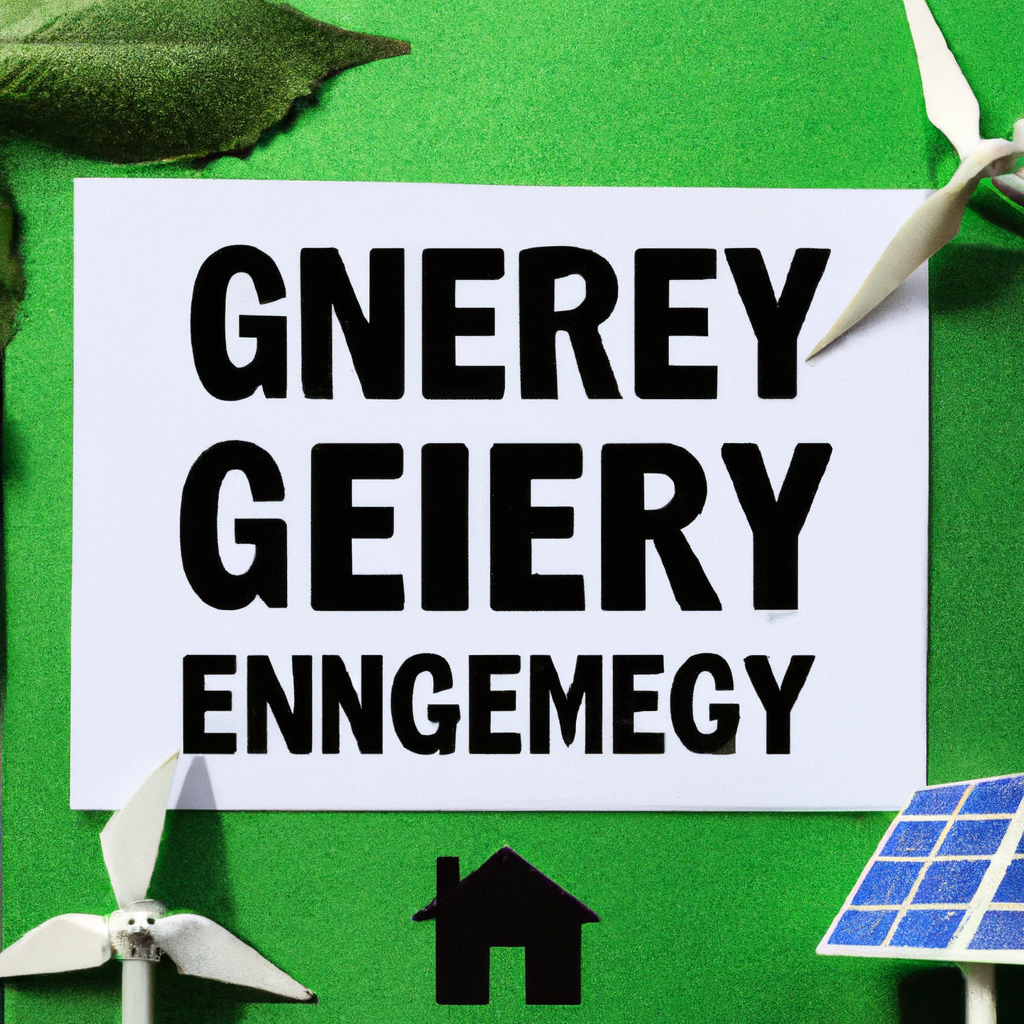“`html
In a world where sustainable practices are no longer optional but imperative, the investment landscape is shifting rapidly toward environmentally friendly energy sources. The pursuit for a greener tomorrow is driving investors to reconsider where they place their capital. This blog post delves into the enticing horizon of eco-conscious investments, exploring why pouring funds into renewable energy is not only an ethical choice but a financially sound one.
Understanding the Green Revolution
The surge in environmentally sustainable energy options, commonly known as the Green Revolution, encapsulates the global transition from fossil-based systems of energy production and consumption to renewable energy sources such as solar, wind, and hydroelectric power. This movement is fueled by the dual engines of technological advancement and increasing awareness of climate change risks.
Investments in these sustainable energies are becoming more attractive as costs continue to plummet while efficiency soars. Solar and wind energy have already achieved grid parity in several regions, making them as economical as conventional power sources without factoring in their environmental benefits.
Furthermore, the green energy sector is no longer a niche market. It has become one of the fastest-growing segments in the global energy industry, driven by policy support, technological innovations, and consumer demand for cleaner options.
Policy Tailwinds Supporting Renewable Investment
Government policies worldwide are supporting the growth of clean energy through subsidies, tax incentives, and regulations aimed at reducing carbon emissions. Such policies create favorable conditions for investors by stabilizing markets and predicting future growth paths.
In addition, international agreements like the Paris Climate Agreement have prompted countries to set ambitious targets for reducing greenhouse gas emissions, which, in turn, accelerates investments in renewable energy infrastructure. Meanwhile, carbon pricing mechanisms are making fossil fuels more expensive, further tilting the balance in favor of green energy solutions.
The trend is clear: as regulation tightens on carbon emissions, the value proposition for renewable energy investments will continue to strengthen, incentivizing more capital flow into the sector.
Technological Innovations Driving Down Costs
Technological progress is at the heart of the renewable energy revolution. The cost of producing solar panels and wind turbines has fallen dramatically over the past decade, making them competitive with, or in some cases cheaper than, traditional energy sources.
Advances in energy storage and smart grid technology are also solving intermittent issues historically associated with renewable energy, reducing the risk for investors and increasing the resilience and reliability of these green power sources.
Innovation doesn’t stop at production; new business models and financial instruments are making it easier for individual and institutional investors to participate in renewable energy projects. Green bonds, yieldcos, and crowdfunding platforms are just a few examples of the tools democratizing investments in renewables.
The Economic Case for Renewable Energy Investments
Investing in renewable energy is increasingly recognized not just as an environmentally conscious decision but as a financially savvy one. The economic case for renewables is strengthening, as these investments offer competitive returns and lower risks compared to traditional energy investments.
Renewable energy projects typically have low operational costs and provide stable, long-term returns due to predictable energy generation patterns and fixed-price power purchase agreements (PPAs). Additionally, as carbon-risk becomes a more pressing issue for investors, renewable energies present an opportunity to future-proof portfolios against climate-related financial risks.
Moreover, the societal push towards sustainability is influencing consumer and corporate behavior alike, offering a competitive edge to companies that are early adopters of green practices and technologies.
Conclusion
The future of ecological energy investments looks bright, providing opportunities for investors seeking profitability while impacting the planet positively. With the strong tailwinds of policy support, continual technological progress, and compelling economic arguments, green energy presents a unique combination of moral imperative and financial opportunity. As the world moves inexorably towards a sustainable future, investors who recognize and act on the potential of renewable energy investments will likely find themselves at the forefront of the next great economic transformation.
“`

